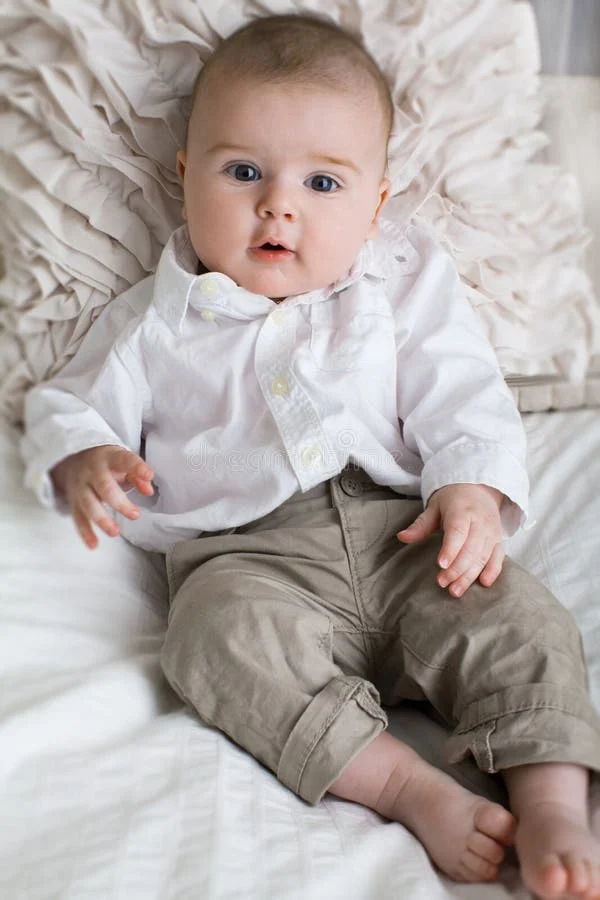In discussions about family dynamics, a recurring theme arises: the distinction between children and pets. While it’s true that pets are not human beings, this doesn’t diminish the affection one can feel for them. Periodically, articles surface emphasizing that the love parents have for their children is incomparable to that of pet owners for their animals. A recent article on YourTango even claimed that comparing pets to children is “offensive to mothers.” Although many resonate with this viewpoint, I find myself perplexed by the intensity of the debate.
Having experienced life as both a parent and a dog owner, I can attest to notable parallels between the two roles. Both require considerable love and attention, consistent supervision, regular care routines, and a range of emotional challenges. Parents often argue that their experiences are more taxing than those of pet owners, but I’m not entirely convinced. Yes, I’ve risen countless times in the night to soothe a crying infant, but I have also faced the unpleasant task of cleaning up after a sick dog in the wee hours. I can assure you, the latter is far less desirable.
Beyond the practicalities of caregiving, the real source of contention seems to lie in the perceived hierarchy of love. Many parents assert that their bond with their children is inherently deeper and more significant than the love someone might have for a pet. While it’s easy for parents to extol the virtues of their love for their children, how can anyone truly measure the strength of affection?
What often underpins this argument is the belief among some parents that they possess a better understanding of emotional depth and commitment. They argue that since they have created and are raising children, they hold the authority on what constitutes genuine love and family. The underlying assumption is that their sacrifices entitle them to define the value of others’ emotional investments.
However, this assumption is fundamentally flawed. Many individuals genuinely love their pets as much as parents love their children. Some may choose to prioritize their pets over having children, dedicating equal time, energy, and emotion to their care. It is not our place to dictate the validity of another person’s feelings or commitments. The act of parenting may statistically define certain experiences, but it does not render individuals arbiters of love.
If someone chooses to refer to their pet as their “furbaby,” that should not provoke disdain or judgment from others. We shouldn’t be in a position to determine which relationships matter; one type of love does not invalidate another. Both pets and children can bring immense joy and fulfillment into our lives, and it is unjust for anyone to dismiss those experiences as lesser.
For more insights on navigating relationships and love, you can explore our other articles on intracervicalinsemination.com. For those interested in the journey of parenthood, Make a Mom offers valuable resources. Additionally, for those seeking information on fertility services, the Johns Hopkins Fertility Center is an excellent resource.
In summary, the love for pets and children, while different in context, can be equally profound. It is essential to respect the emotional bonds that individuals create, regardless of societal expectations or personal experiences.
